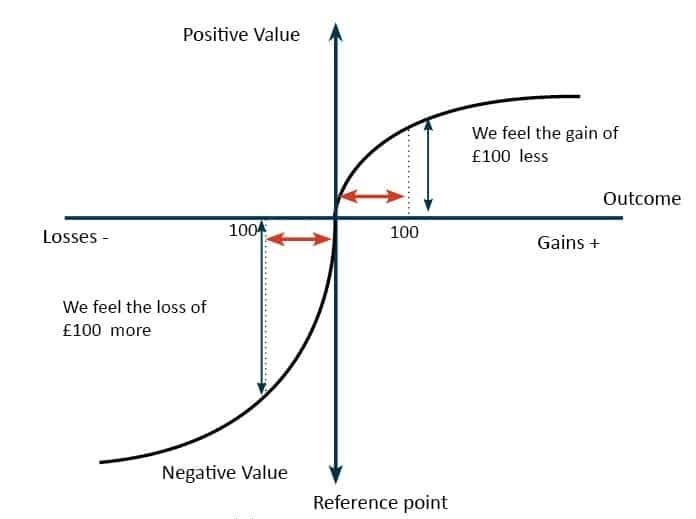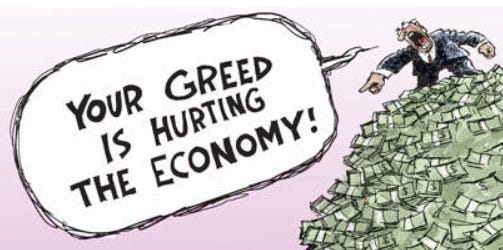Loss Aversion and Generosity
Giving a scarcity-minded person what they want increases social capital for both parties
Let’s pretend you’re at a supermarket one day, and you see a brand of wine that you know an acquaintance likes because you’ve observed them order it. It would cost you the equivalent earnings of a half-hour of work at your job to buy. You have no love for wine, but you know they would appreciate it. What do you do in this situation?
You might say “it depends!”, but I think there’s a right answer here. Gift giving is a powerful tool, and can be used for good and evil alike. Whether it be corrupt Supreme Court justices getting gratuities from parties arguing in front of them, or a shy exchange of trading cards between two kids, giving a human being something works wonders.
People hate the feeling of losing. This may seem obvious to some, but it’s an important observation in behavioral economics. When sports-enthusiasts watch sports, and their team loses, they feel that loss twice as hard as they’d feel the euphoria of their team winning. If you had $150 in your bank account, you’d feel a loss of $100 twice as bad as a scenario where you’d won an additional hundred.

This makes sense, evolutionarily speaking. You’d feel a disproportionate amount of emotional pain losing a certain amount of food (that you would’ve needed!) to the same amount gained. However, in the modern day, this scarcity-fueled mode of thinking can sometimes lead down irrational paths. If you’re a gambler, and find yourself predictably down $100 (see above chart), you might feel so incensed by the thought of those losses that you gamble a lot more (to “get even”) and end up down $500 instead. Remember, in the long run, the house always wins.
What does this loss aversion concept have to do with generosity? Well, if you’re an abundance-minded person (someone who lacks the loss aversion cognitive bias) and give something to a scarcity-minded person, what happens? The scarcity-minded individual is going to see the abundance-minded person as having undertaken a distortedly large loss in order to give the gift. The abundance-minded individual doesn’t really see it that way; they understand that the act of giving strengthens the bond between them, and that they’ve both gained some social capital from the interaction.
This makes sense right? A greedy or corrupt man values gifts from others, while giving few gifts away himself. An abundance-minded person cares about gifts only symbolically, which means they can give more without the cognitive “losing” bias.




